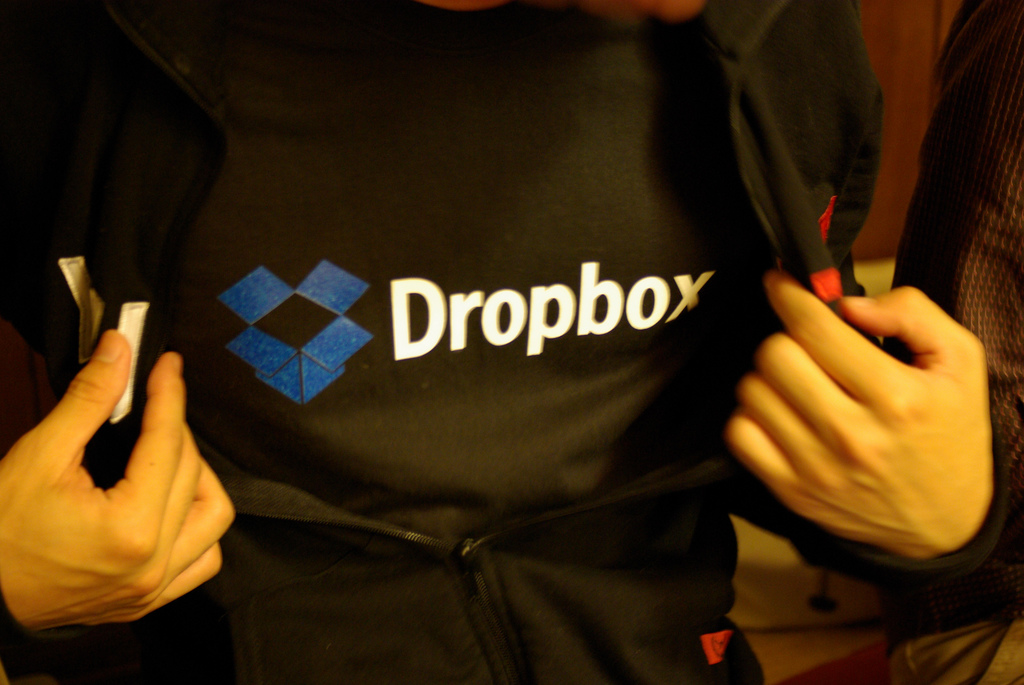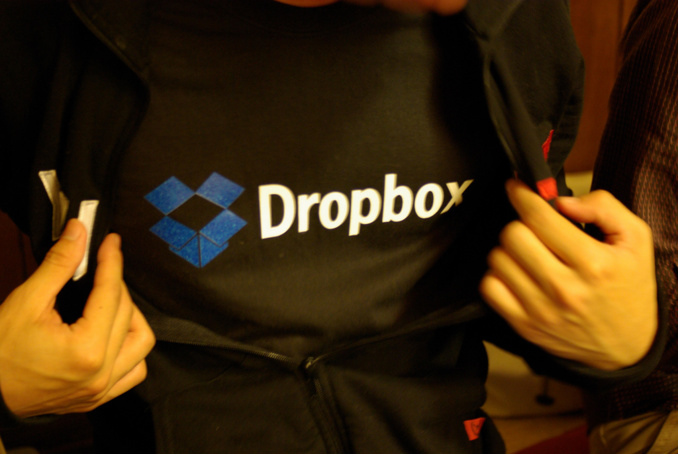Cloud service Dropbox debuted on Friday at NASDAQ. On the eve, the price of one share of the company was set at $ 21, which is higher than the price band $ 16-18, indicated earlier this month. At $ 21 per share, the value of the entire company was estimated at $ 9.2 billion.
At the start of trading, the price of the company's shares exceeded $ 30, which is an increase of 38% in relation to the price set. At the close, the price dropped slightly to $ 28.48. Thus, the market value of the entire company has grown to $ 12.4 billion.
Dropbox expected to raise $ 756 million with an estimated $ 8 billion. Recently, there have been few major technological IPOs, so investors pounced on the company's securities, the Wall Street Journal said.
Founded in 2007, the company as a result of 2017 showed a loss of $ 111.7 million, which is half the loss of 2016. However, by the end of 2017 the company was able to raise $ 1.1 billion, and experts note the high growth potential. More than 90% of Dropbox revenue comes from user payments.
According to the Financial Times, Dropbox sold shares for more than $ 560 million; securities by another $ 193 million were placed on the stock exchange by its co-founders, early investors and former top managers.
The share the company’s CEO, Drew Houston, is estimated at $ 2 billion, and the co-founder Arash Ferdowsi takes $ 800 million. Venture capital company Sequoia Capital, which headed the first investment round of Dropbox, owns a share of $ 1.8 billion. Venture capital company Accel Partners and mutual funds of Fidelity Investments and T. Rowe Price have also invested in Dropbox.
Previously, Dropbox was considered the most promising cloud storage for private users, but then the competition from such giants as Google and Apple forced the company to change its development strategy and make the provision of services to corporate customers the priority of the business.
At the same time, experts note that such customers, as a rule, prefer to deal with companies whose shares are traded on the exchange.
source: ft.com
At the start of trading, the price of the company's shares exceeded $ 30, which is an increase of 38% in relation to the price set. At the close, the price dropped slightly to $ 28.48. Thus, the market value of the entire company has grown to $ 12.4 billion.
Dropbox expected to raise $ 756 million with an estimated $ 8 billion. Recently, there have been few major technological IPOs, so investors pounced on the company's securities, the Wall Street Journal said.
Founded in 2007, the company as a result of 2017 showed a loss of $ 111.7 million, which is half the loss of 2016. However, by the end of 2017 the company was able to raise $ 1.1 billion, and experts note the high growth potential. More than 90% of Dropbox revenue comes from user payments.
According to the Financial Times, Dropbox sold shares for more than $ 560 million; securities by another $ 193 million were placed on the stock exchange by its co-founders, early investors and former top managers.
The share the company’s CEO, Drew Houston, is estimated at $ 2 billion, and the co-founder Arash Ferdowsi takes $ 800 million. Venture capital company Sequoia Capital, which headed the first investment round of Dropbox, owns a share of $ 1.8 billion. Venture capital company Accel Partners and mutual funds of Fidelity Investments and T. Rowe Price have also invested in Dropbox.
Previously, Dropbox was considered the most promising cloud storage for private users, but then the competition from such giants as Google and Apple forced the company to change its development strategy and make the provision of services to corporate customers the priority of the business.
At the same time, experts note that such customers, as a rule, prefer to deal with companies whose shares are traded on the exchange.
source: ft.com



















